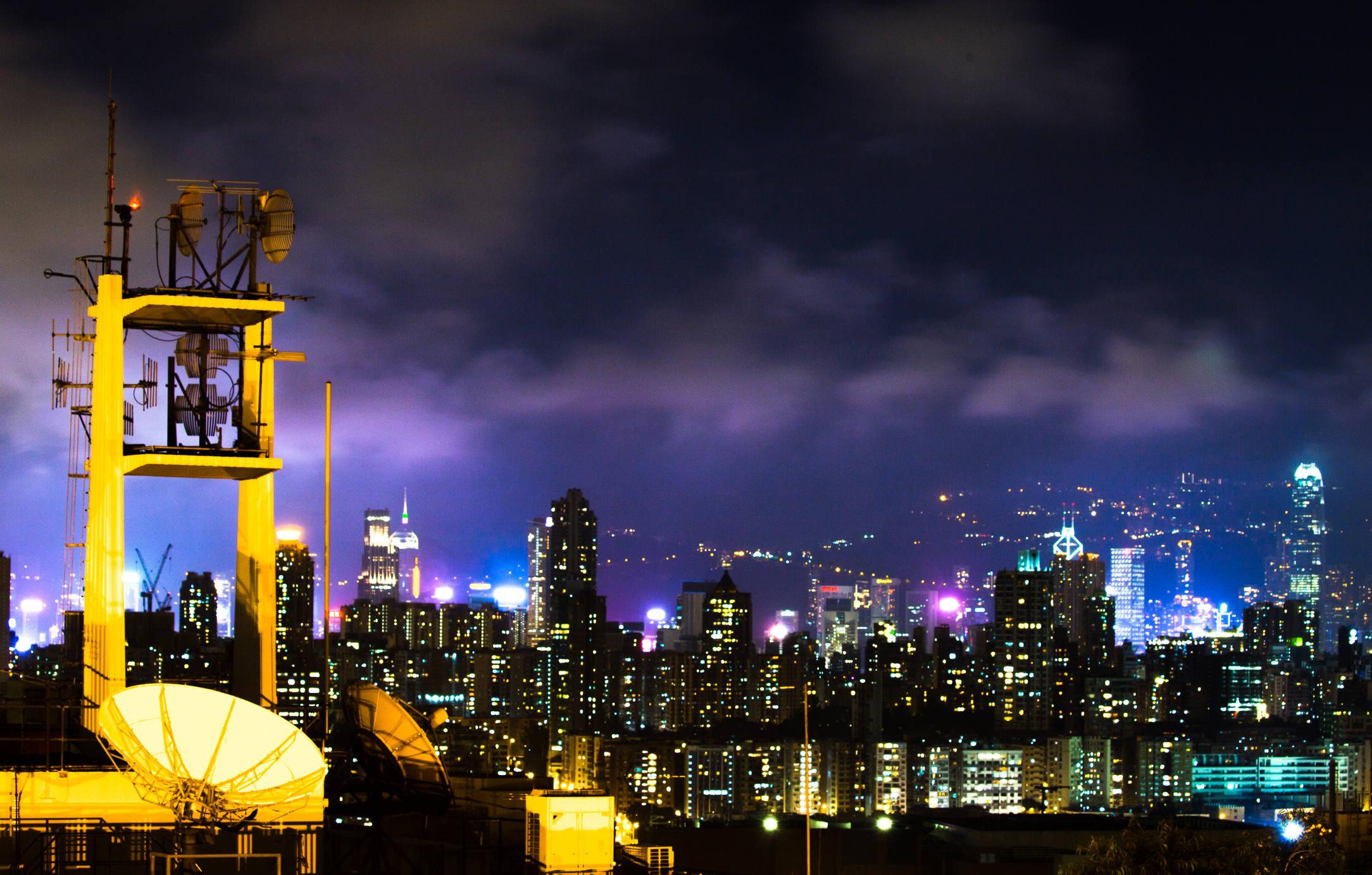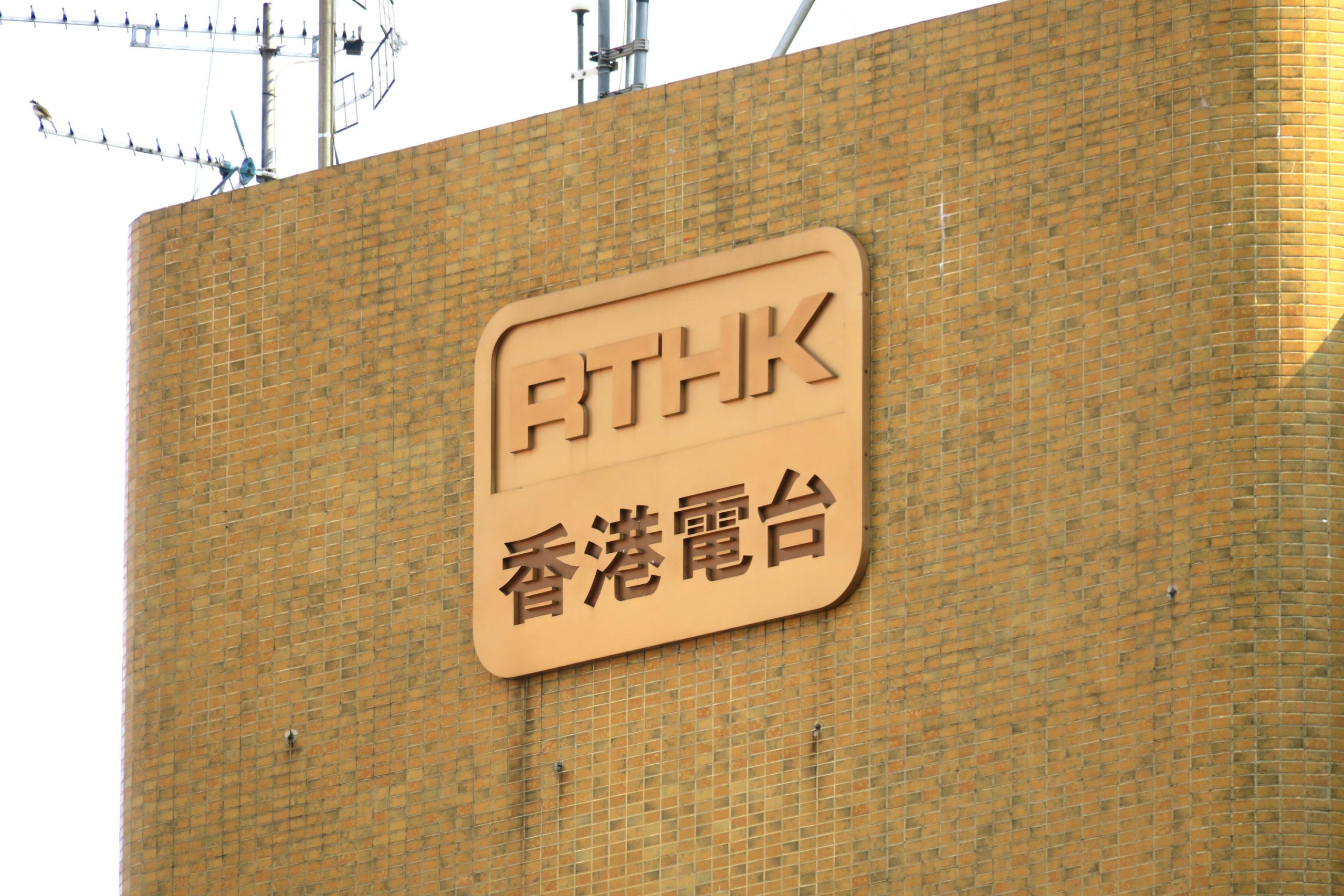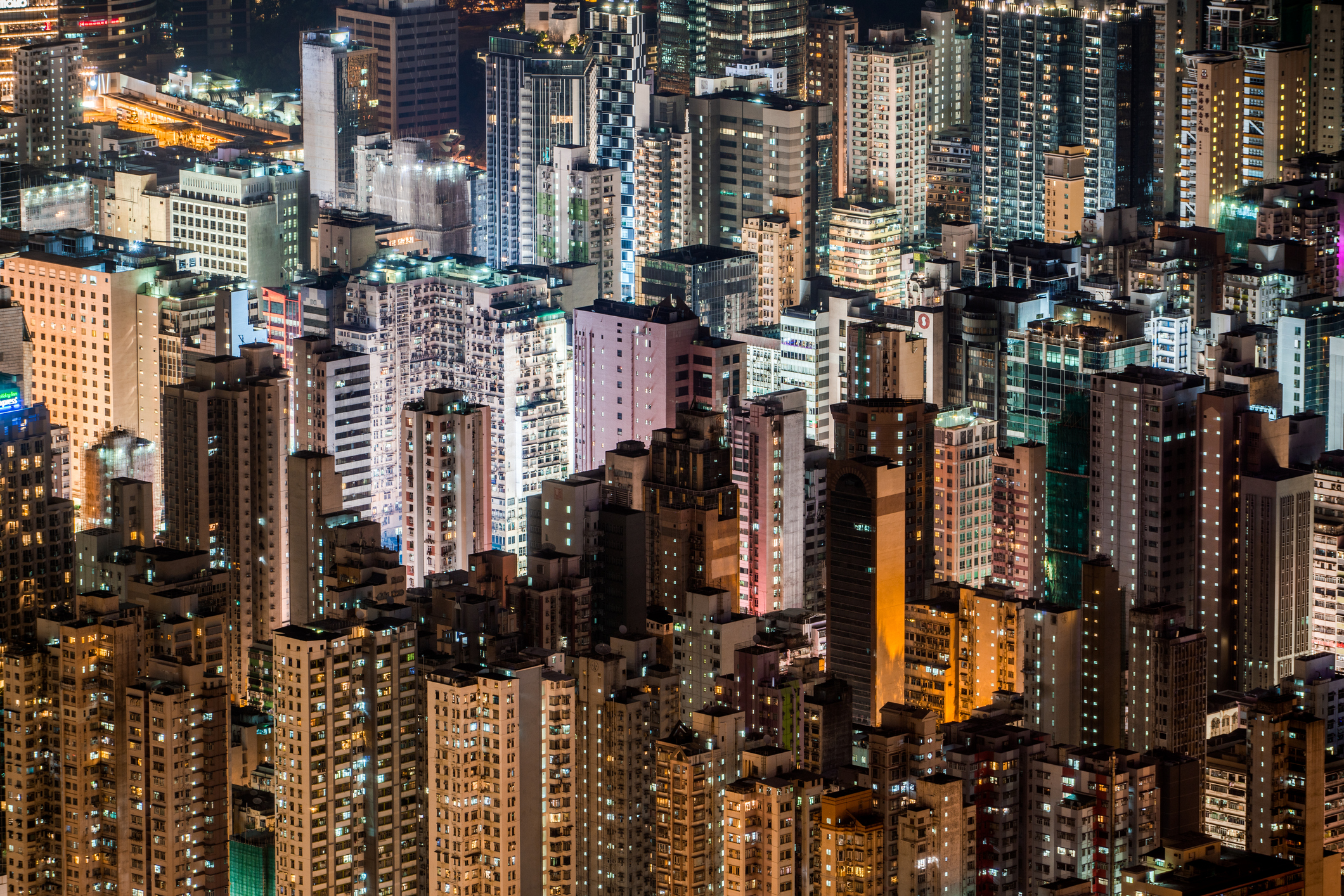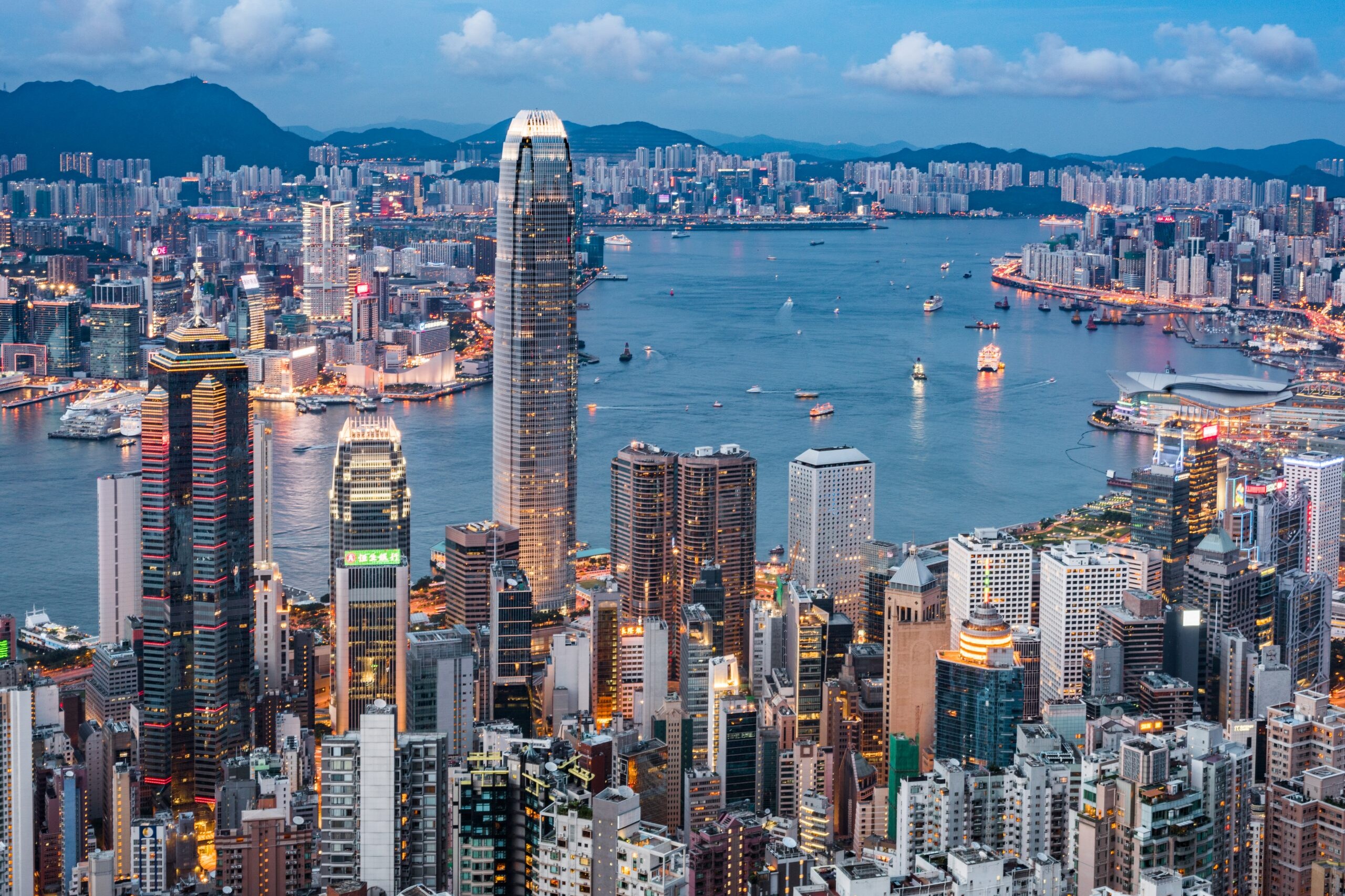Hong Kong: Media freedom concerns persist into 2022
6th January 2022
Raids and closures of independent news outlets signal continued pressures on media freedom from National Security Law.

The situation in Hong Kong is not off to a good start in 2022. On 29 December, the offices of Stand News – one of the city’s pro-democracy newspapers – was raided by police as part of an “anti-sedition” crackdown. Under the highly controversial National Security Law (NSL), authorities accused Stand News of inciting hatred against the Hong Kong government and spreading discontent through its published news articles and opinion pieces. Seven staff members, including current and former editors and board members, were arrested and HK$61 million of assets were frozen.
Hours after the raid, Stand News announced that it would be shuttering its operations and firing all staff. The outlet also said that it would stop updating its social media accounts and website, while all content would be removed in the subsequent days.
Within days, another major pro-democracy news outlet, Citizen News, announced that it would also be ceasing all operations from 4 January 2022. In an announcement of the impending closure, Citizen News revealed that it was created in 2017 against the backdrop of “growing worries about Hong Kong’s press freedom” but the worsening situation in recent years has become a source of concern.
“We have never forgotten our original intent. Sadly, we can no longer strive to turn our beliefs into reality without fear because of the sea change in the society over the past two years and the deteriorating media environment,” Citizen News wrote. “At the centre of a brewing storm, we found [ourselves] in a critical situation. In the face of a crisis, we must ensure the safety and well-being of everyone who are on board.”
We announced with a heavy heart that CitizenNews will cease operation starting from Jan 4 (Tue).
To our subscribers and readers, we sincerely thank you for your support. We shall always treasure this incredible journey in the past five years. pic.twitter.com/32nSlQFAZR— 眾新聞 CitizenNews (@hkcnews_com) January 2, 2022
Rapid deterioration
Media freedom in Hong Kong has deteriorated rapidly over the past two years. The introduction of the National Security Law in June 2020 – said to target secession, subversion, terrorism, and collusion with foreign forces – heralded a marked shift in how the Hong Kong government treated the media. The vaguely defined law has been deployed several times against independent media, dissenting voices and activists since its introduction.
2022 shows few signs of improvement from 2021. Notably in June 2021, the now defunct Apple Daily – then one of the city’s most popular and long-running pro-democracy tabloids – was forced to shutter following raids, arrests, and the freezing of its assets. At the time, Stand News had said it would stop accepting donations and monthly subscriptions from its readers and would remove commentaries and opinion pieces from its website out of fear of being targeted. These fears have now been realised.
Also notable was the rapid dismantling of the once-independent RTHK, Hong Kong’s public service media organisation. RTHK faced its toughest year yet, with programme cuts, staff firings, new editorial guidelines that “supported national security”, and a high court ruling that deemed it had no right to freedom of expression. As a result of the broadcaster’s deterioration, the Public Media Alliance was forced to suspend RTHK’s membership.
While it is not fully clear what lies ahead, there are well-founded concerns that media freedom in Hong Kong will continue to decline. At the beginning of the year, eight Hong Kong journalists remain behind bars while media tycoon and Apple Daily founder, Jimmy Lai, faces more sedition charges. Fears of a collapse of the city’s free press also persist. All the while, Chief Executive Carrie Lam denies the impact of the NSL on media freedom.
“If implementation of the National Security Law would undermine press freedom, then we would not be seeing any press freedom in the Western world,” she said. “They [the Western world] have national security legislation far more draconian than the Hong Kong national security law.”
Related Posts
3rd November 2021
Hong Kong: Guise of national security interests continues to restrict life and media
A new film censorship bill threatens…
5th October 2021
Hong Kong: Tightening grip of the National Security Law
New crimes are being prepared under the…
5th October 2021
Hong Kong: Hong Kong government continues to dismantle public and other independent media
RTHK's new editorial guidelines will…


